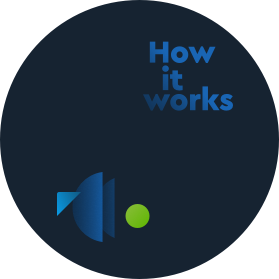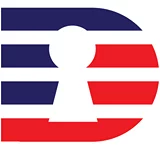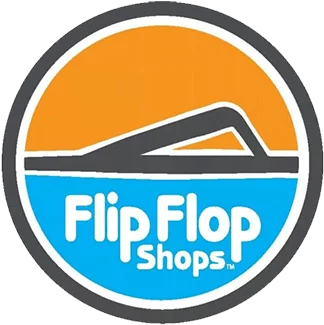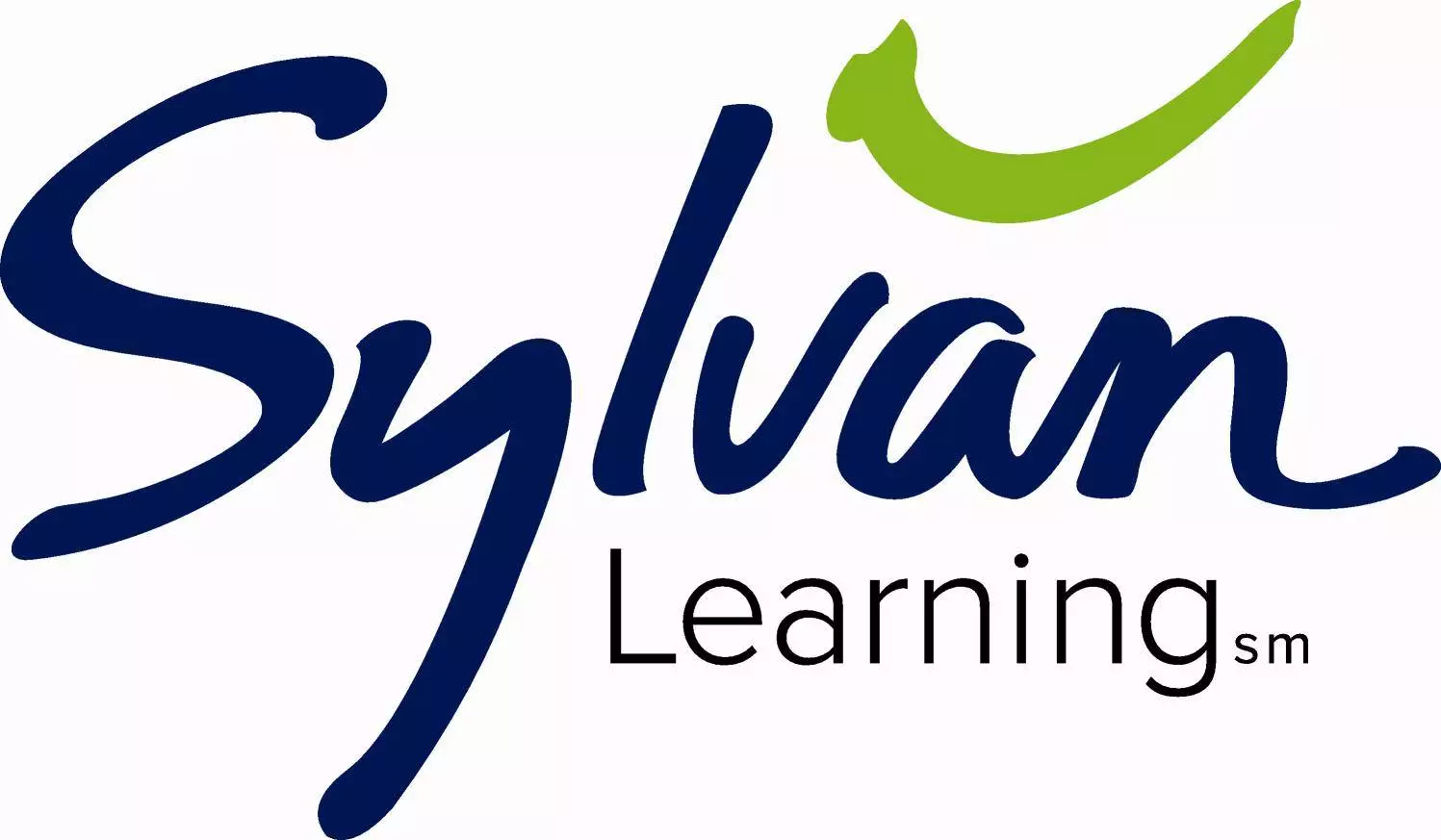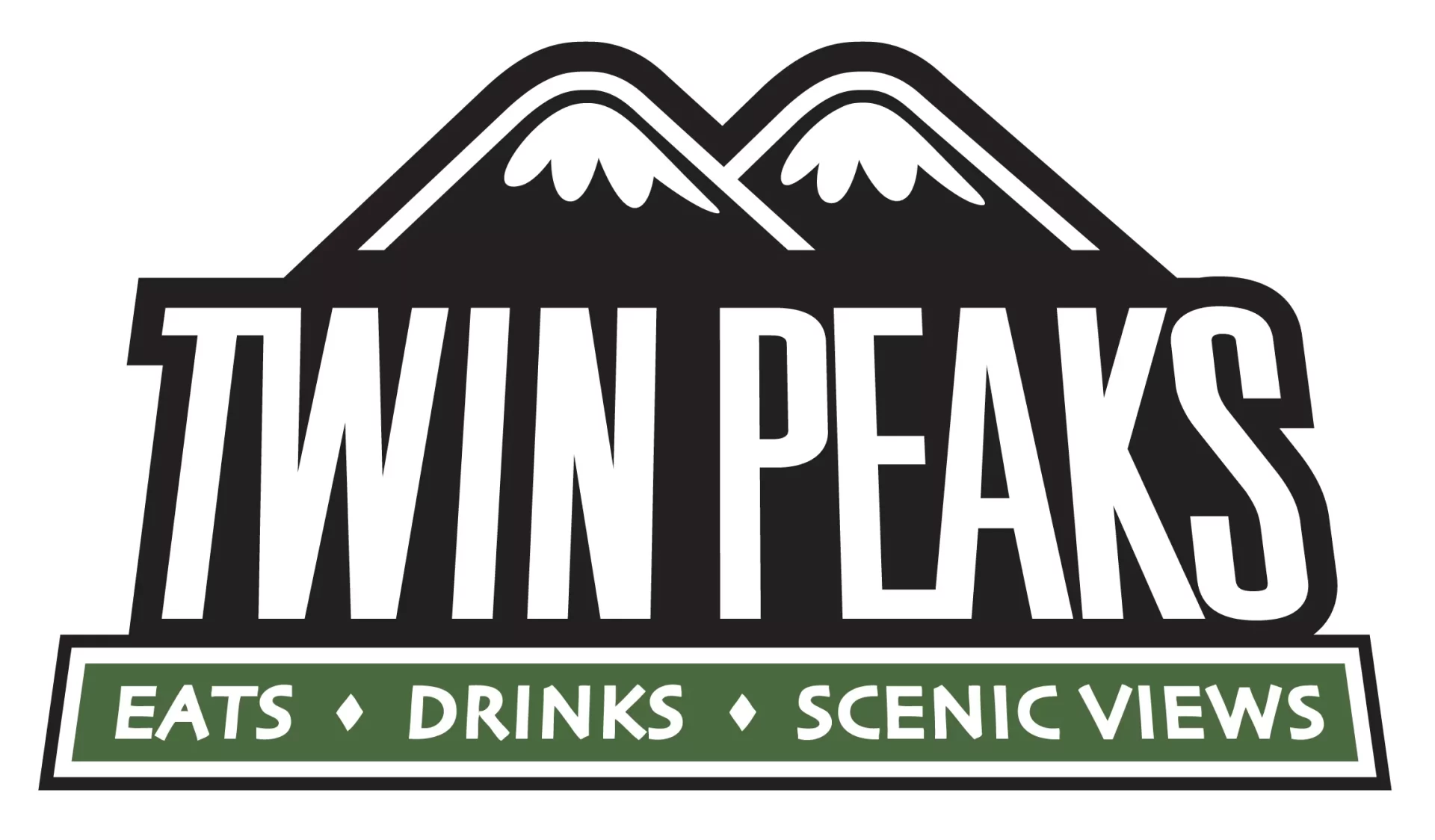An Introduction to Feasibility Study
OGScapital feasibility study is an important assessment tool that is used to assess the potential for a proposed project to determine if it is viable from market, business and economic perspective. It is an in-depth analysis of the practicality, resources, and potential impact of a project. The purpose of a feasibility study project proposal is to determine whether a project is worth pursuing, and if so, how it can be most effectively implemented. A feasibility study aims to answer the question “Should we do this project?”
A feasibility study typically involves gathering and analyzing data and information about the market potential, the competition, the target audience, and the potential costs and benefits of the project. This analysis helps businesses and organizations make informed decisions about whether to invest in a new project or pursue an alternative course of action.




